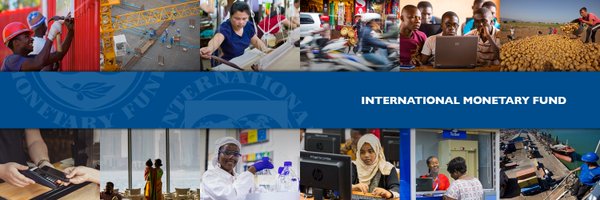 (AGENPARL) - Roma, 20 Maggio 2022
(AGENPARL) - Roma, 20 Maggio 2022(AGENPARL) – ven 20 maggio 2022 The latest IMF analysis of global economics, finance, development and policy issues shaping the world. []
[IMF Weekend Read]
Dear Colleague,
In today’s edition we discuss the advantages of carbon pricing in combatting climate change, policies to heal the pandemic’s economic scars, the Federal Reserve’s latest nominee, a plan to address growing food insecurity, international taxation, special drawing rights, social unrest, inflation, remittances in Central America, and much more.
Climate Change
Why Countries Must Cooperate on Carbon Prices
(PHOTO: IMF PHOTO/TAMARA MERINO)
Carbon pricing is among the most effective policy tools to direct spending and investment out of dirty energy and into green alternatives, yet many countries are reluctant to use this lever. They fear a loss of international competitiveness, especially in high-emission sectors such as steel or chemicals.
As the authors say, “Our proposal for an international carbon price floor phased in by 2030 would be a big step towards limiting global warming to below 2 degrees Celsius.”
Global Economy
(PHOTO: IMF PHOTOS)
Time is short for limiting learning losses because education is cumulative, each year building on the last. To minimize enduring harm, countries must quickly assess setbacks to learning and implement the appropriate measures to help students.
–Adjusting to Changing Labor Markets: Policies such as well-targeted job-search programs and additional support for training to build new skills can helping people adjust. Moreover, to limit elevated pockets of corporate distress turning into significant business failures or investment slumps, it’s also crucial to ensure well-functioning mechanisms for corporate insolvency and out-of-court restructuring.
While the challenges are many, by taking appropriate action now, G20 policymakers can repair the damage and set the stage for strong and inclusive recoveries in the world’s largest economies.
(PHOTO: BRITTANY GREESON)
Last week, the U.S. Senate approved Lisa Cook as a member of the Federal Reserve Board of Governors, making her the first Black woman to fill this position.
Cook sat down with F&D back in 2020 to talk about her life, work, and economics. The Michigan State University professor spoke about how racism and sexism have affected her from an early age, and how as an economist she has drawn attention to the social and economic costs of prejudice. Cook described how she has navigated major obstacles throughout her life, including racial abuse, injuries stemming from a serious car crash, and being on the end of dismissive attitudes from others in her profession.
“Lisa has been willing to take the risk of not getting the professional plaudits she deserves by pursuing research in areas that have not been plumbed by anyone yet,” says William A. Darity Jr., a professor of economics and African American studies at Duke University in Durham, North Carolina. “People are now acknowledging the significance of her contributions.”
[FDmobile]
Visit Us Online
For other recent articles, including
Want to a print copy delivered to your home or office?
—————————————————————
(PHOTO: IMF)
(PHOTO: TAX JUSTICE NETWORK)
(PHOTO: IMF)
(PHOTO: IMF)

